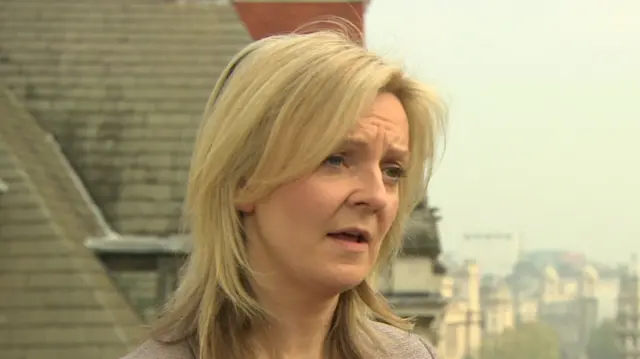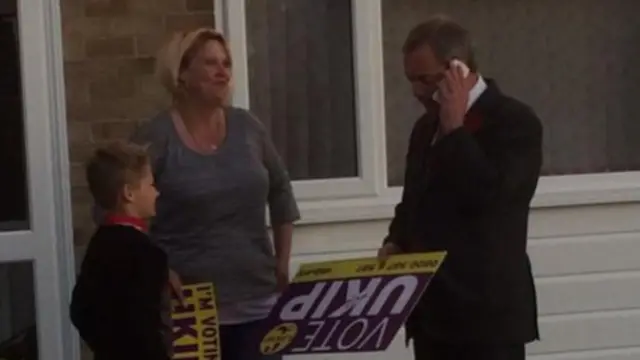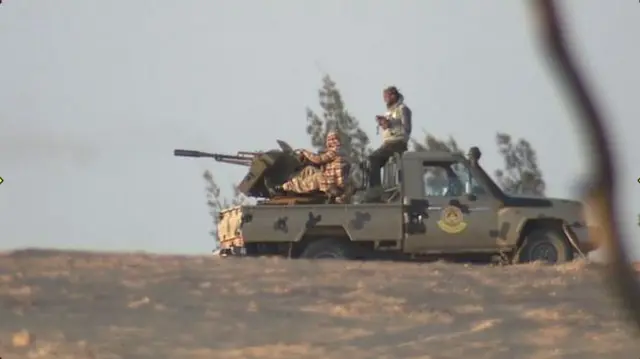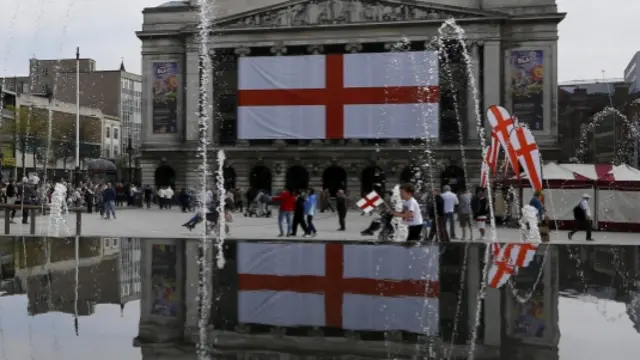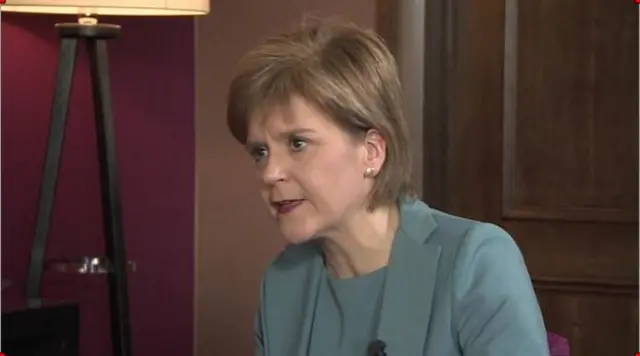Add to the debatepublished at 08:57
Email: politics@bbc.co.uk
Bob:
Is there much point in Ed doing his speech now? Everyone has already gone to town on it.. Would've thought it'd make more of an impact if kept confidential til delivery.
Oh well, what do I know...
